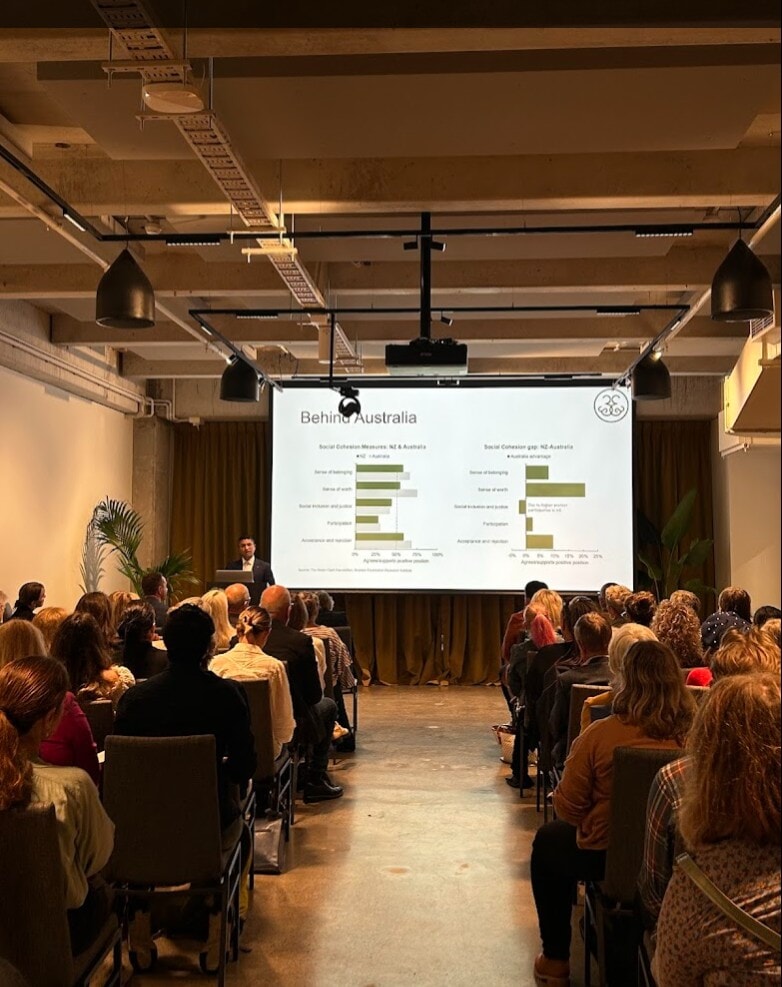Journal
Upcycling Versus New Build – Which is Greener: A Breakdown
At Alberts, we’re evolving alongside these modern work trends to offer our members a workspace that truly works for them.
Read More
Balance at Work in 2025 | Part Two
At Alberts, we’re evolving alongside these modern work trends to offer our members a workspace that truly works for them.
Read More
Balance at Work in 2025 | Part One
As businesses navigate the shift back to office life in 2025, the debate continues, driven by the government’s push to bring workers back to...
Read More
Sharedspace Co-working Event
An event was recently held at Formery to celebrate the release of Sharedspace’s second annual coworking and flexible workspace report. This event...
Read More
New Face(s) at Formery
If you’re based at Formery, you might have noticed a splash of colour down the driveway, across The Bridge, or from your...
Read More
Case Study: Inside Our Wellness Centre
Late last year at the Formery, we soft-launched our newest facility, the Wellness Centre, to Formery members. The need for the Wellness...
Read More
Connected Leadership x The Helen Clark Foundation
Last week, Alberts was proud to host the Helen Clark Foundation for the launch of their latest project: a large-scale survey exploring...
Read More
The Curve 2025 Event Wrap Up
Last week we were delighted to be partnered with The Curve to host their 2025 Investment Club Event! The Curve run an incredible investing...
Read More
Meet the Members | Sue Watson Leadership for Good
We’re proud to have Dr. Sue Watson as one of the remarkable members of our Alberts community. As the founder of Leadership...
Read More


